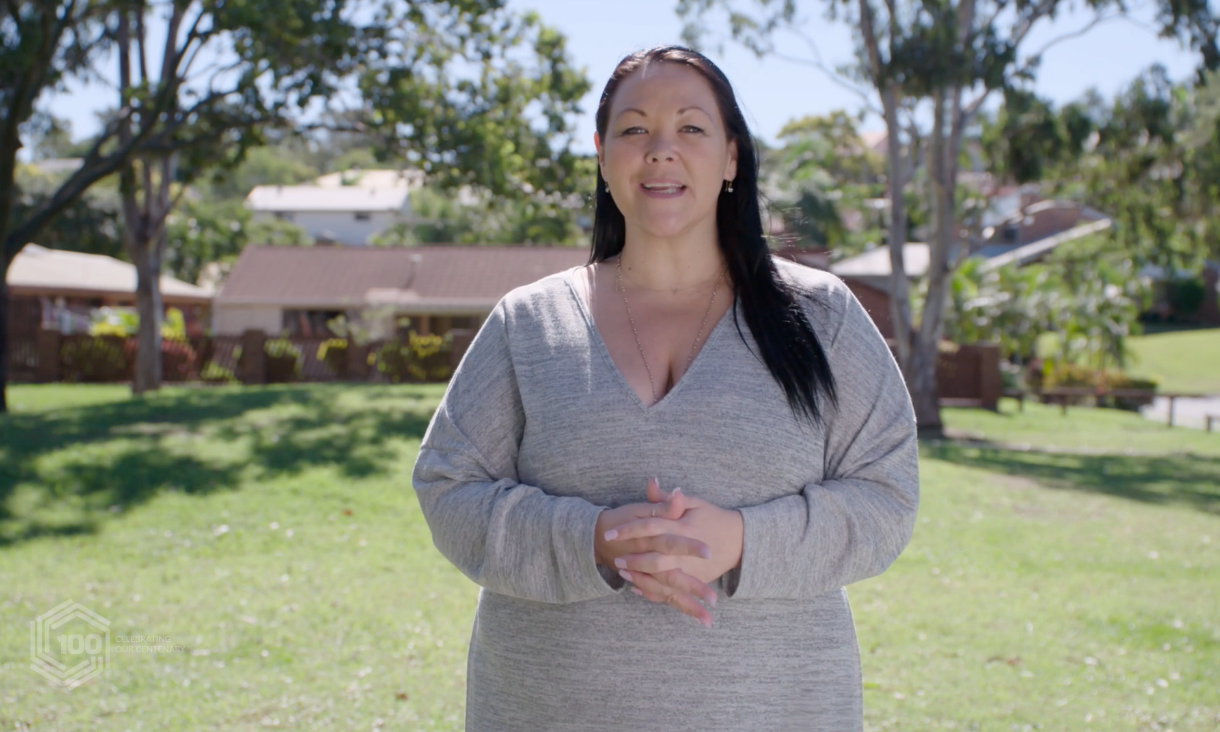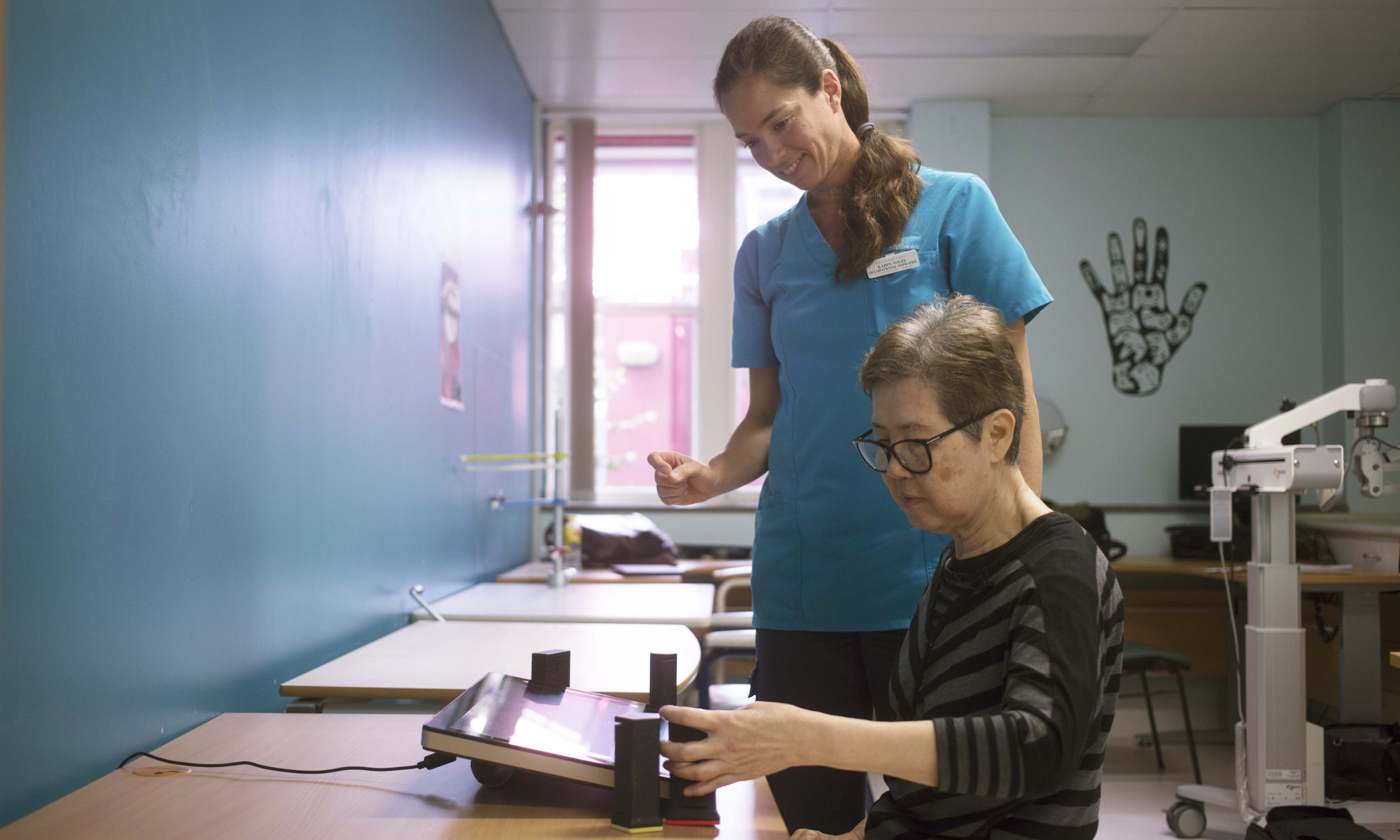3D-printed spine disc recognised for life-changing impact
Researchers at RMIT University collaborated with a medical device company and a neurosurgeon to successfully deliver a 3D printed vertebral cage to a patient with severe back pain.
New touch-screen therapy tool for stroke rehabilitation
New touch-screen therapy tool for stroke rehabilitation and acquired brain injury.
Understanding and designing nanomaterials for industry and biomedicine
A team of researchers at RMIT is advancing fundamental understanding of nanomaterials to pave the way for new industrial and biomedical applications.
How to make hydrogen straight from seawater – no desalination required
Researchers have developed a cheaper and more energy-efficient way to make hydrogen directly from seawater, in a critical step towards a truly viable green hydrogen industry.






